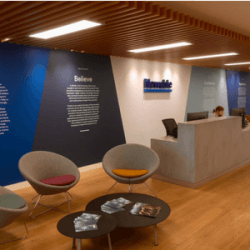November 25, 2018
Mental health problems are rife across Europe
 Greater efforts to promote mental health and improve early diagnosis and treatment of those with mental illness would improve the lives of millions of Europeans and contribute to stronger economic and employment conditions, according to a new joint OECD/European Commission report. Health at a Glance: Europe 2018 says that mental health problems, such as depression, anxiety disorders and alcohol and drug use disorders, affect more than one in six people across the European Union in any given year. Besides the impact on people’s well-being, the report estimates the total costs of mental ill-health at over EUR 600 billion – or more than 4 percent of GDP – across the 28 EU countries.
Greater efforts to promote mental health and improve early diagnosis and treatment of those with mental illness would improve the lives of millions of Europeans and contribute to stronger economic and employment conditions, according to a new joint OECD/European Commission report. Health at a Glance: Europe 2018 says that mental health problems, such as depression, anxiety disorders and alcohol and drug use disorders, affect more than one in six people across the European Union in any given year. Besides the impact on people’s well-being, the report estimates the total costs of mental ill-health at over EUR 600 billion – or more than 4 percent of GDP – across the 28 EU countries.






































